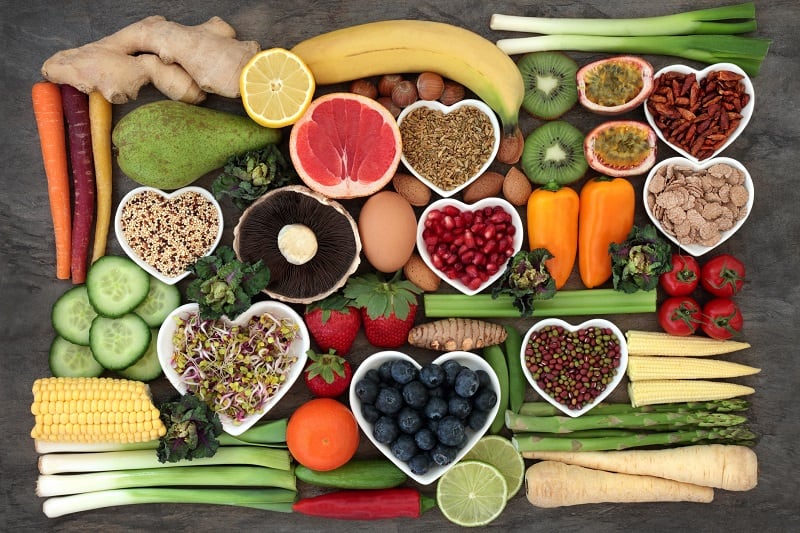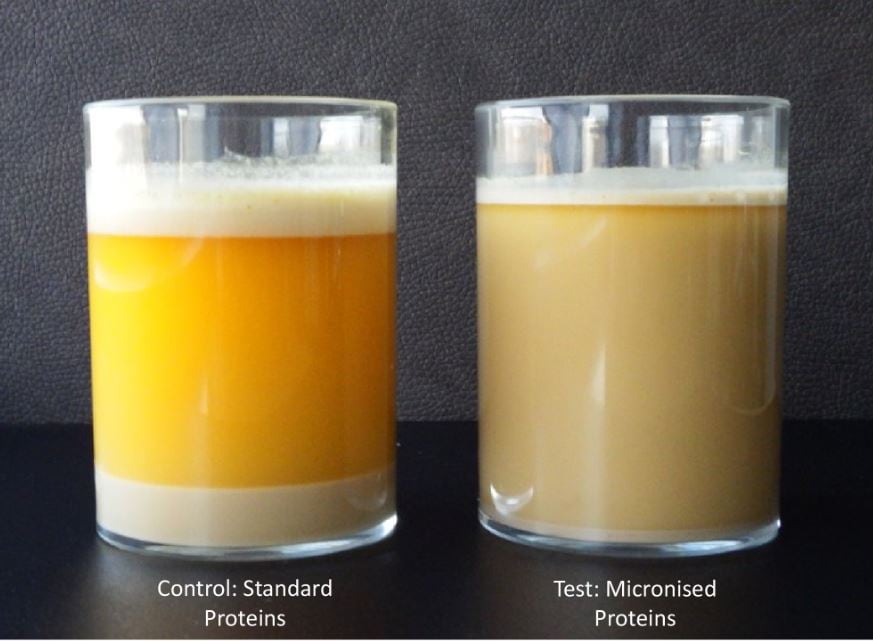86% of plant-based meals are eaten by non-vegans, according to Kantar, whose research sheds light on some myths surrounding the plant-based trend.
Myth 1: Young people are driving the movement
The conception that it is young people such as Millennials and Gen Zers driving the trend for all things plant-based is false. It is in fact the 'retirees' category that has contributed most to the growth in home-based plant-based meals in the past year, according to Kantar.
Addressing the first ever Kantar Talks event in London, which was attended by 750 marketers and brand managers, Richard Allen, Usage expert at Kantar Worldpanel, said consumption in the plant-based category is up 17% among retirees, while the 16-24 year-old category has actually witnessed a negative contribution in the last 12 months. "The growth isn't actually coming from those younger consumers,” noted Allen. “Vegans potentially are younger than average, but plant-based eaters in general are pretty well aligned with the total general population and growth is coming from the older consumer.”
When are they eating these meals? Fifty-six percent of these plant-based foods are being eaten at breakfast time, with evening meal and home lunch making up 19% and 16% respectively.
"That's down to simplicity. You can very easily pick up a piece of fruit for breakfast. It's much harder to go for a fully vegan meal at dinner time." People also tend to make their healthy options earlier in the day, saving the evening meal for something more indulgent.
Myth 2: Most plant-based meals are eaten by vegans
In-home meat-free and plant-based (no meat or dairy) meals have witnessed growth of 4% and 23% respectively versus 2015. But flexitarians, or those people looking to reduce their intake of meat and dairy, lead the charge. Vegans still only account for around 1% of the UK population.
Meanwhile, £3.4 bn is spent on vegan-friendly, plant-based in-home meals a year in the UK. The dairy alternative market is worth just over £500 bn, and meat alternatives just under £500 bn. “That's more than is spent on take-home tea and coffee, cheese, ice cream, cosmetics and fish and chips each year. There's a huge amount of money behind this movement.”
Therefore, brands don’t need to aim to attract vegans per se: 86% of plant-based meals are eaten by non-vegans; 89% of meat-free meals are eaten by non-vegetarians. "So if you're in this space, you don't need to target vegans. It's about targeting us all who are eating meat and dairy: we're the ones who will be eating most of your foods."
Myth 3: It’s all about the environment
One factor driving the growth of plant-based is price point. Plant-based home meals are 35p cheaper per portion compared to meals with meat. This is obviously a challenge for the food industry. "Retailers and manufacturers are going to lose money if this trend continues," noted Allen. Money is not the primary reason behind the trend, though. Health is a bigger driver behind plant-based options over environmental or animal welfare factors, said Allen. Why? Products sold by retailer Waitrose, closely followed by Sainsbury's, are those most likely to end up in plant-based meals. This tells us that health is a priority among plant-based shoppers because these retailers over-index in terms of their health message, reckoned Allen.
He added the plant-based category can expect a further boost when ranges stop being separated in stores from the meat options.
Myth 4: It's a new craze
The plant-based trend has deeper roots than we think it does, added Charlie Warwick, Head, Futures Practice EMEA, Consulting Division at Kantar. As such, this shift in behaviour is more likely to have legs and should not be passed off as a short-term fad or fashion.
Events dating back to the 1990s when organisations started to raise awareness about antibiotic use in farm animals, to the recent development of lab-grown meat and even a tennis player -- Novak Djokovic -- winning Wimbledon on a plant-based diet "have a created the perfect context for a new way of eating and drinking" which show that the plant-based trend is more than just a flash in the pan.
"Narrow assumptions and definitions around plant-based consumers can actually be quite dangerous and as brands and businesses we risk losing out on a growing slice of plant-based pie,” she said.
"Today 89% of people say that they cook world food at home. We're more open to experimentation, exploration and novelty and that extends to meat and dairy alternatives in our cooking. It's also worth mentioning that health as an indicator of status or success has never been as high for people in the UK."
She added that advancements in biotechnology are enhancing and transforming plant-based alternatives. "While we sit here they are accelerating new launches of meat and dairy analogues into the mainstream.”
She noted too "it has never been so easy to enter the food and bev market as a new brand or business as it is today and that's thanks to a lot of new economic models such as crowd-funding, peer-to-peer lending and new ways to get access to capital."
Policymakers in the UK are also “feeling intense pressure more than ever before from NGOs, grassroots activists to legislate in favour of healthier or more environmentally-friendly options."
All this allows Kantar to distinguish between what is a really fundamental change in consumer behaviour from what is a fashion craze. "I am firmly of the mind that it is here to stay,” said Warwick.





